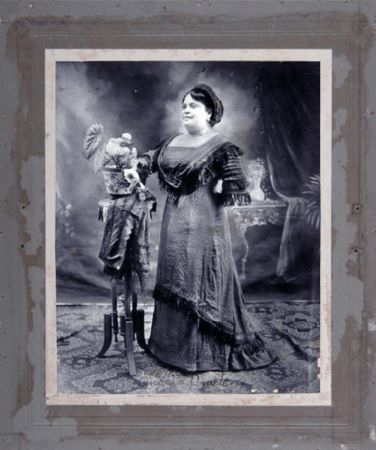The Remarkable Life and Career of Angela Peralta, "The Mexican Nightingale"
Learn about Angela Peralta, also known as "the Mexican nightingale", and her extraordinary talent as a soprano opera singer. She defied social prejudice and captivated audiences with her beautiful voice throughout Europe and America.





